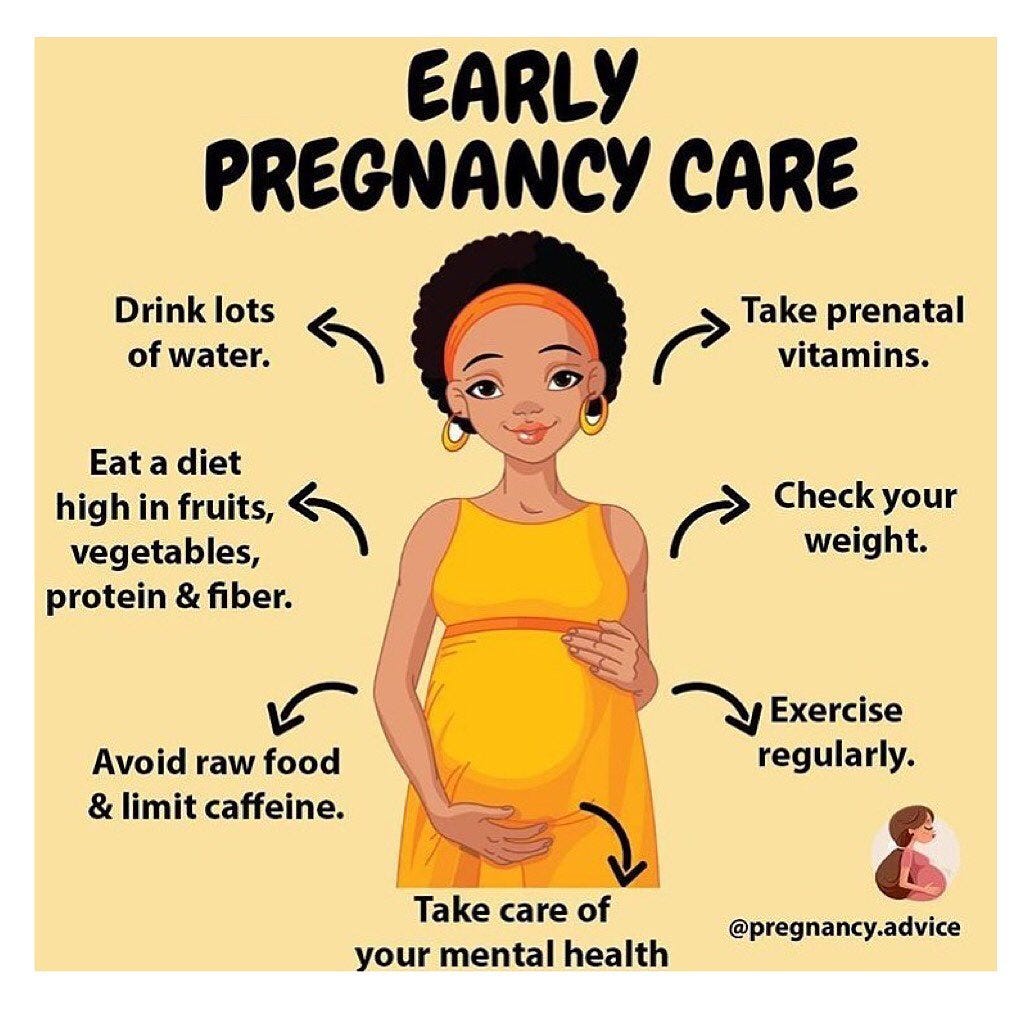
Prenatal Care: A Comprehensive Guide to Nurturing Your Baby During Pregnancy
Pregnancy is an extraordinary journey that requires meticulous care and attention to ensure the well-being of both the mother and the developing baby. Prenatal care encompasses a wide range of medical appointments, lifestyle modifications, and emotional support that play a crucial role in optimizing fetal development and minimizing potential risks. This comprehensive guide will provide expectant mothers with essential information on how to care for their baby during pregnancy.
Medical Appointments and Monitoring
Regular prenatal appointments are the cornerstone of prenatal care. These appointments allow healthcare providers to monitor the mother’s health, assess the baby’s growth and development, and provide necessary medical interventions.
- First Trimester: The first prenatal appointment typically occurs around 8-10 weeks of pregnancy. During this visit, the healthcare provider will confirm the pregnancy, estimate the due date, and perform a physical exam. Blood tests and urine tests may also be ordered to assess the mother’s overall health and screen for potential genetic disorders.
- Second Trimester: Prenatal appointments during the second trimester typically occur every 4-6 weeks. The healthcare provider will continue to monitor the mother’s health and the baby’s growth through physical exams, blood pressure checks, and urine tests. An ultrasound may be performed to assess the baby’s anatomy and growth.
- Third Trimester: Prenatal appointments become more frequent in the third trimester, typically occurring every 2-3 weeks. The healthcare provider will closely monitor the mother’s health and the baby’s position and growth. Additional tests, such as non-stress tests or biophysical profiles, may be performed to assess the baby’s well-being.
Lifestyle Modifications
In addition to medical appointments, expectant mothers can play an active role in caring for their baby during pregnancy by making healthy lifestyle modifications.
- Nutrition: A balanced and nutritious diet is essential for both the mother and the developing baby. Expectant mothers should consume plenty of fruits, vegetables, whole grains, and lean protein. They should also limit their intake of processed foods, sugary drinks, and unhealthy fats.
- Exercise: Regular exercise during pregnancy is safe and beneficial for both the mother and the baby. Exercise helps to maintain a healthy weight, reduce stress, and improve circulation. Expectant mothers should aim for at least 30 minutes of moderate-intensity exercise most days of the week.
- Sleep: Getting enough sleep is crucial during pregnancy. Expectant mothers should aim for 7-9 hours of sleep each night. They may need to adjust their sleep position as their pregnancy progresses to ensure comfort and optimal blood flow.
- Stress Management: Stress can have a negative impact on both the mother and the baby. Expectant mothers should find healthy ways to manage stress, such as exercise, yoga, meditation, or spending time in nature.
- Smoking and Alcohol: Smoking and alcohol consumption are strictly prohibited during pregnancy. These substances can cross the placenta and harm the developing baby.
Emotional Support
Pregnancy can be an emotionally challenging time for expectant mothers. They may experience a range of emotions, including joy, anxiety, and uncertainty. It is important for expectant mothers to have a strong support system in place to provide emotional support and guidance.
- Partner or Family: The partner or family members can provide invaluable emotional support during pregnancy. They can attend prenatal appointments, offer practical help, and provide a listening ear.
- Friends: Friends can also be a source of support during pregnancy. They can provide a safe space to talk about feelings and share experiences.
- Support Groups: Joining a support group can connect expectant mothers with other women who are going through similar experiences. Support groups provide a sense of community and can help expectant mothers feel less alone.
- Mental Health Professionals: If expectant mothers are experiencing significant emotional distress, they should not hesitate to seek professional help. Mental health professionals can provide counseling and support to help expectant mothers cope with the challenges of pregnancy.
Warning Signs and When to Seek Medical Attention
While most pregnancies are healthy, it is important for expectant mothers to be aware of potential warning signs that may indicate a problem. If any of the following symptoms occur, expectant mothers should seek medical attention immediately:
- Vaginal bleeding or spotting
- Severe abdominal pain
- Persistent nausea or vomiting
- Dizziness or fainting
- Decreased fetal movement
- Premature contractions
- Rupture of membranes (water breaking)
Conclusion
Prenatal care is essential for ensuring the health and well-being of both the mother and the developing baby. By following the recommendations outlined in this guide, expectant mothers can take an active role in caring for their baby during pregnancy and maximizing the chances of a healthy outcome. Remember, communication with your healthcare provider is crucial throughout your pregnancy. Do not hesitate to ask questions or express any concerns you may have. With proper care and support, you can navigate this extraordinary journey with confidence and joy.
